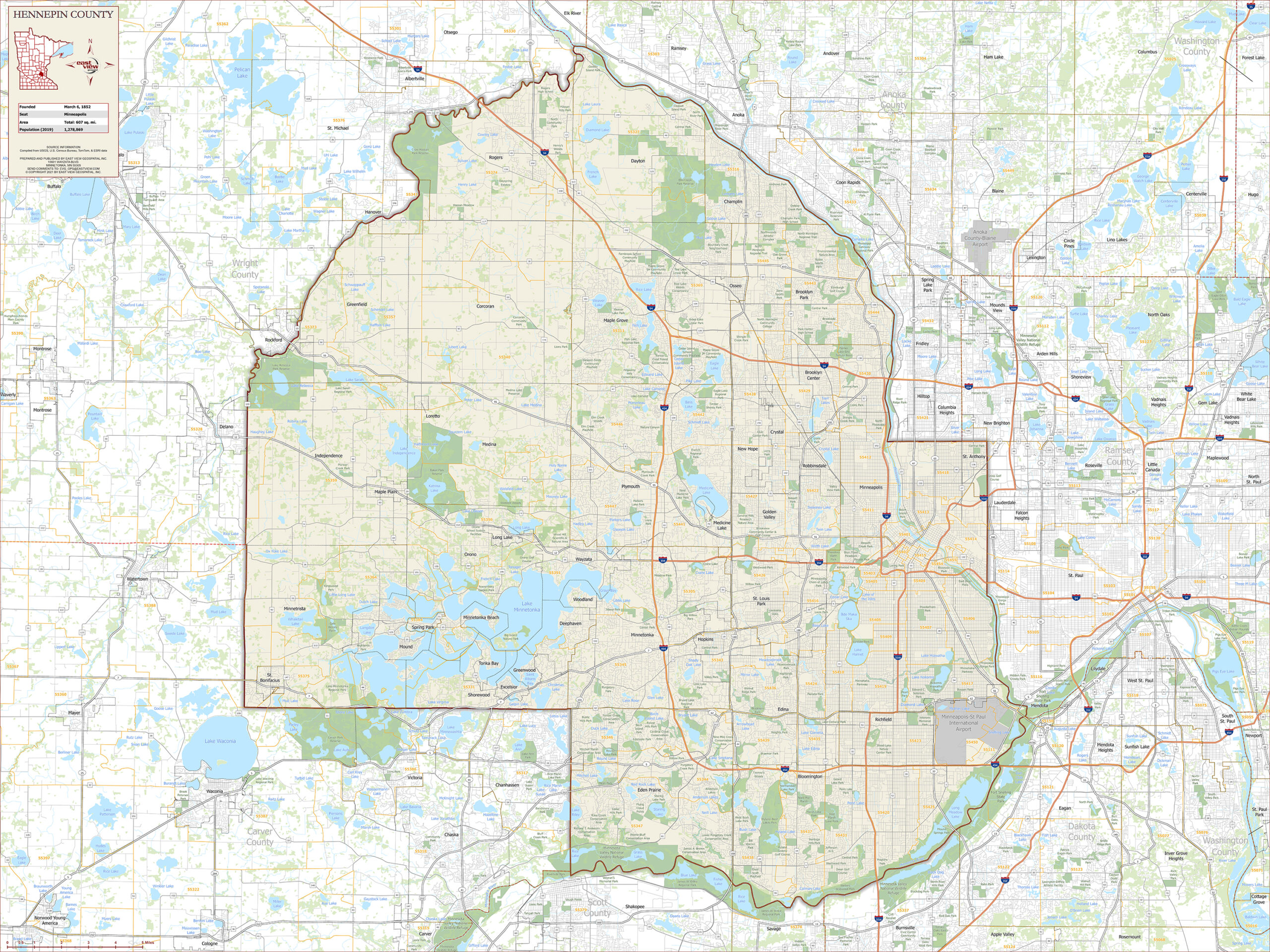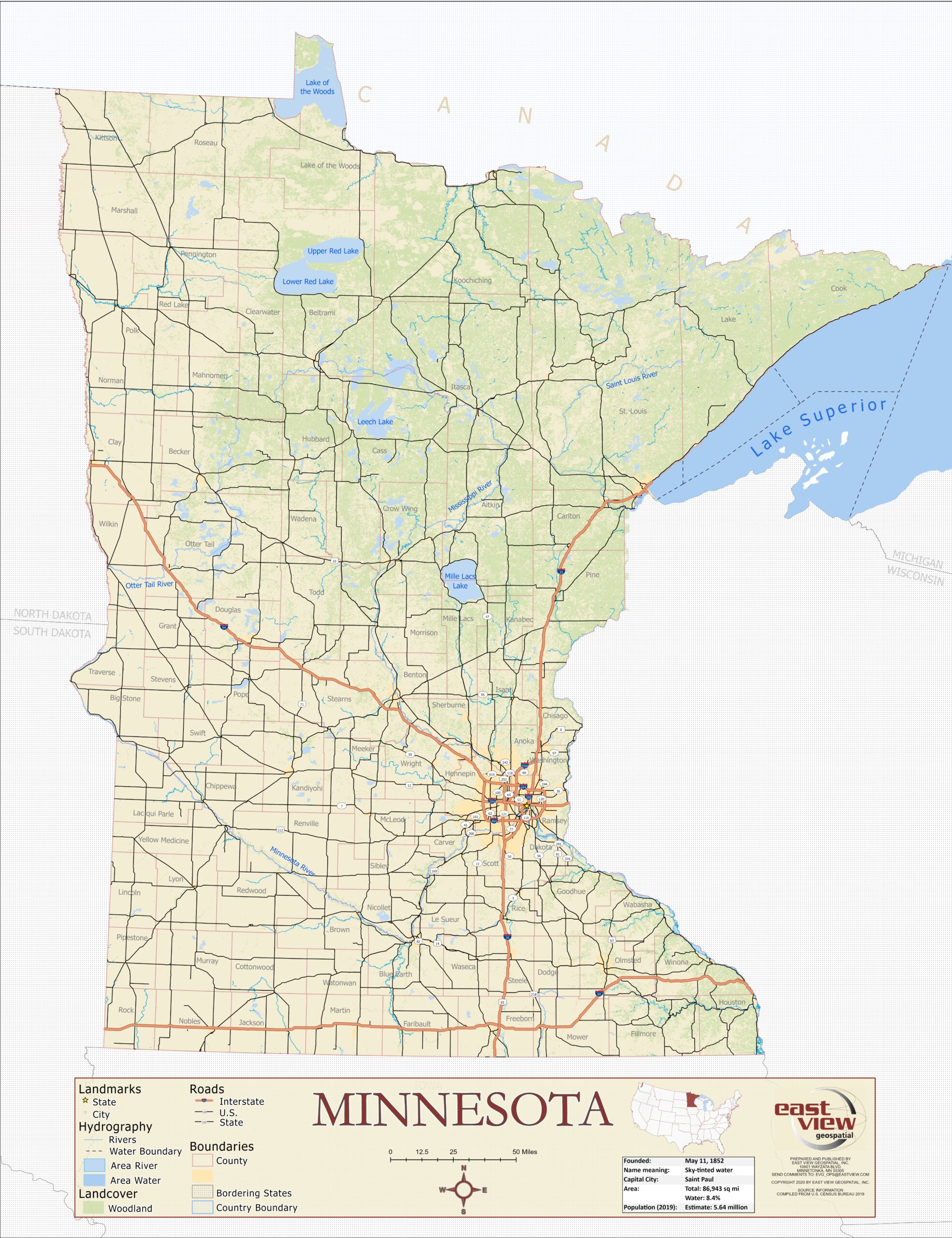Soviet mapping of Estonia included civilian 1:25 000, 1:50,000 and 1:200,000 scale coverage of the country with Cyrillic place names and standard Russian specifications. Military coverage was also compiled at 1:100,000, 1:500,000 and 1:1,000,000 scales.
Soviet military topographic mapping of Estonia exists at the following scales: 1:1,000,000 (3 sheets, complete coverage, published 1987-1989); 1:500,000 (7 sheets, complete coverage, published 1986-1993); 1:200,000 (30 sheets, complete coverage, published 1975-1993); 1:100,000 (68 sheets, complete coverage, published 1973-1992); 1:50,000 (147 sheets, primarily complete coverage, published 1972-1991) and city (1:10,000) topographic mapping of Parnu, Tallinn, Tapa and Tartu published between 1975 and 1990. These products are available in print, digital raster and digital vector GIS formats from East View Geospatial.
Following independence the Estonian National Land Board (Riigi Maa-amet RMA) was established in the Ministry of Agriculture, and operates as the national mapping agency, with responsibility for geodetic, cadastral and cartographic surveying and mapping. At first maps continued to use Soviet map bases. 1:200,000 scale mapping in four sheets was compiled in 1992 in association with Aerogeodezija in St. Petersburg, with Estonian place names and index and 20 m contours.
Two major initiatives have been started since independence. New 1:10,000 scale coverage of the whole country has been compiled. This orthophotomap is under constant revision. It is used as the source for cadastral and thematic mapping and to derive a full color topographic map which will be completed in about 470 sheets. This 1:20,000 scale basic map of the whole country is in progress, and uses a similar style to Finnish mapping, with cultivated land shown in a light brown and relief with 2.5 m contours. A second new project has used Swedish aid for the production of the bilingual Estonian and English Eesti baaskaart 1:50,000. This 112 sheet series is produced from a digital database derived from SPOT satellite imagery and is on a Transverse Mercator projection, International ellipsoid. The maps are plotted on an image base, with color printed land cover overlay, 5 m contour interval and the UTM grid, and are compiled in conjunction with the Swedish and Mäteriet (LMV) and the Swedish Space Corporation. The series was completed by the end of 1996 and digital versions of the maps are also available. Other official mapping includes a new administrative map of Estonia at 1:400,000 scale.
The Estonian Environmental Information Center was established in 1989. It acts as the Estonian focal point of contact for the international GRID and CORINE environmental programs and is developing a GIS comprising a number of different databases used for the production of thematic environmental maps and the provision of georeferenced environmental data.
The Lighthouse and Hydrographic Department (Tuletorni hϋdrograafiatalitus) in the Ministry of Transport and Communication maintains about 80 hydrographic charts of Estonian coasts, ports and inland waters. These include complete 1:100,000 scale coverage of Estonian waters.
Estonian Air Navigation Services was established in 1996 as the official aeronautical charting agency. In 1997 it published the first Estonian versions of 1:500,000 scale charting conforming to ICAO standards.
Eesti Geoloogiakeskus (EG), the Geological Survey of Estonia, was founded in 1937. Systematic geological mapping began at the end of the 1950s and since 1993 it has functioned as a state geological research organization responsible to the Ministry of the Environment. 1:200,000 scale geological, and quaternary mapping is published, and a groundwater map at this scale is under compilation. Smaller scale quaternary and geological mapping is also available and a map of Estonian mires at 1:400,000 scale has been compiled in association with Regio Ltd. 1:50,000 scale programs are in operation in districts with significant mineral resources.
Regio Ltd, with headquarters in Tartu was established in 1990 and has built an impressive product range, including tourist maps, town maps, facsimile mapping, maps for education, maps for motorists and a range of nine six-color hydrographic charts. In 1996 it first published an indexed 1:200,000 scale road atlas of the country including town maps, a digital version of which is also available on CD-ROM, updated annually. The majority of its maps are now derived from its digital database of Estonia, and digital versions of many are also available.
Regio Ltd has also been involved in the creation of an atlas volume for the Estonian Encyclopedia. This multi media atlas on CD-ROM includes interactive mapping, sounds, pictures and stories relating to the country and is accessible in English or Estonian. Regio also maintains an on-line Estonian atlas, in conjunction with the Institute for Baltic Studies.
A comparable range of commercial products is maintained by EO Map, established in 1992, which claims to be the largest commercial surveying and mapping concern in the country, and maintains offices in Tallinn and Tartu. Twenty-three Estonian cities are covered in a range of town maps, and tourist maps cover the 15 Estonian districts. A 1:200,000 scale road atlas is regularly updated. In addition to this range of hard copy maps EO Map issues digital coverage in Microstation and O-CAD formats, at a number of different scales, including 1:1,000,000 and 1:200,000 for the whole country, as well as coverage of many towns and district mapping.
Other commercial mapping of Estonia is produced by Jana Seta (JS), Gizimap, HarperCollins, and RV. Quail produce a black and white railway map of the country.
The Statistical Office Estonia is preparing census mapping in conjunction with commercial map maker Regio Ltd. A web-based listing of Estonian place names is maintained by the Place Names Board of Estonia, established in this form in 1997.
Copyright © 2014 De Gruyter for e-version of World Mapping Today, 2nd Edition | Copyright © 2019 East View Geospatial, Inc.



